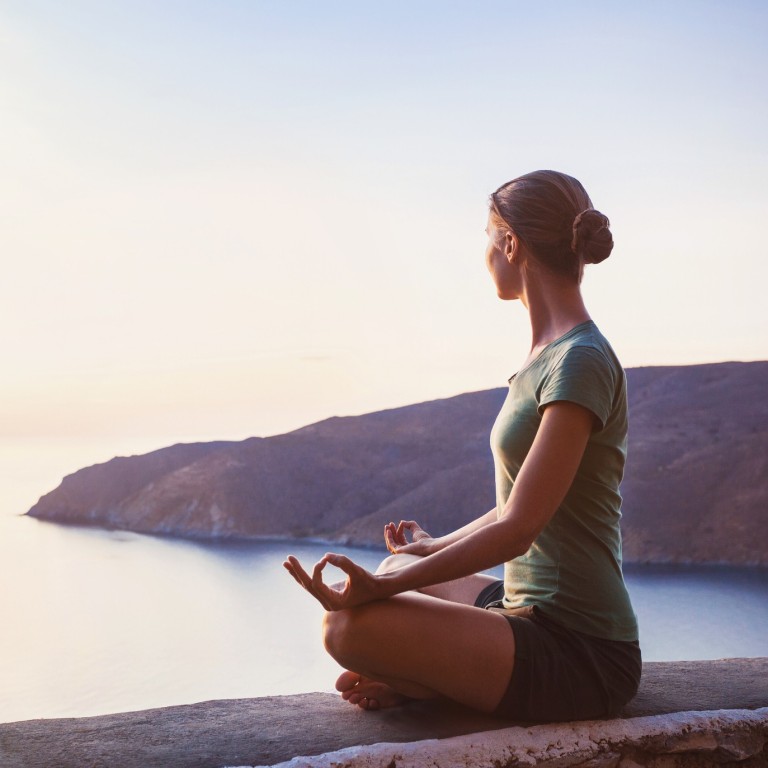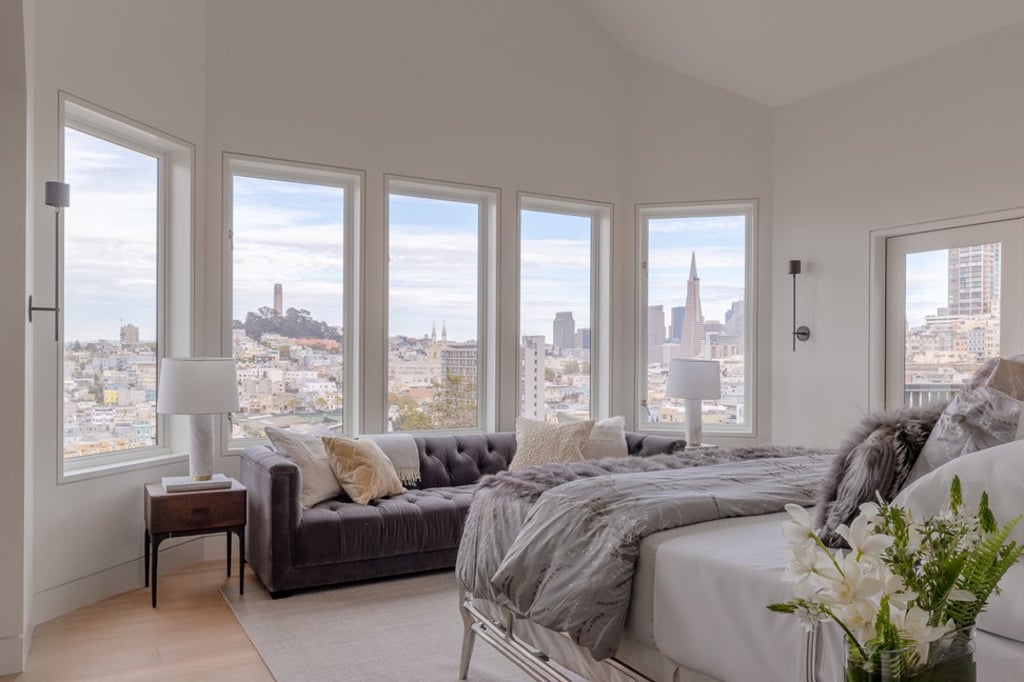Mental Health Awareness Month: how to get your foundations right with good breathing and sleep

Hi-tech home air-filter systems and the use of merino wool sleepware and bedding are two ways we can safeguard a cleaner indoor environment and ensure a good night’s rest
Breathing and sleeping are two very basic human needs that we hardly ever get right in today’s fast-paced living situations.
“You can sleep when you’re dead” is one of those sayings we’ve often heard, yet a growing number of people have joined the vanguard promoting the importance of breathing right and sleeping well.
The benefits these two things can bring to wellness are under the spotlight in May, the month which features many international annual mental health awareness campaigns, including Mental Health Awareness Month, in the United States.
Falling asleep faster and remaining longer in a deep sleep allow us to recuperate better and feel more rejuvenated and productive the next day
Picture this: a Japanese Tensui water filtration system in a house to ensure that the water used actually helps improve, instead of corrode our hair, nails, and skin texture.
There is also a shielded design for the electricity cables, as well as metal sheeting beneath the flooring, to reduce contact with electromagnetic fields emitted around the house, especially the bedroom.
A high-quality air filtration system also allows great air circulation within the living space, while a hydronic radiant heating system controls the temperature with immaculate precision.

Well, such a luxury property could be yours, if you have a few million US dollars lying around. Residence 950, a house located in San Francisco’s upmarket neighbourhood of Russian Hill, ticks all the boxes for people looking for something offering both emotional wellness and environmental sustainability.
It is a great time to be alive: while there is growing awareness of the importance of sleep and mental health, we are starting to get all kinds of infrastructure and support that will allow us to build the best foundations to improve our minds, bodies and souls.
A healthier environment